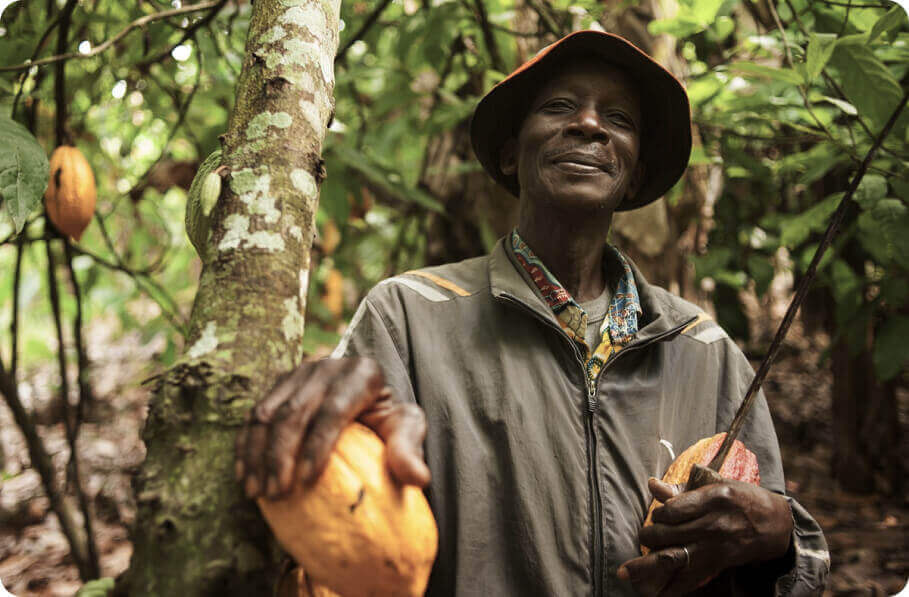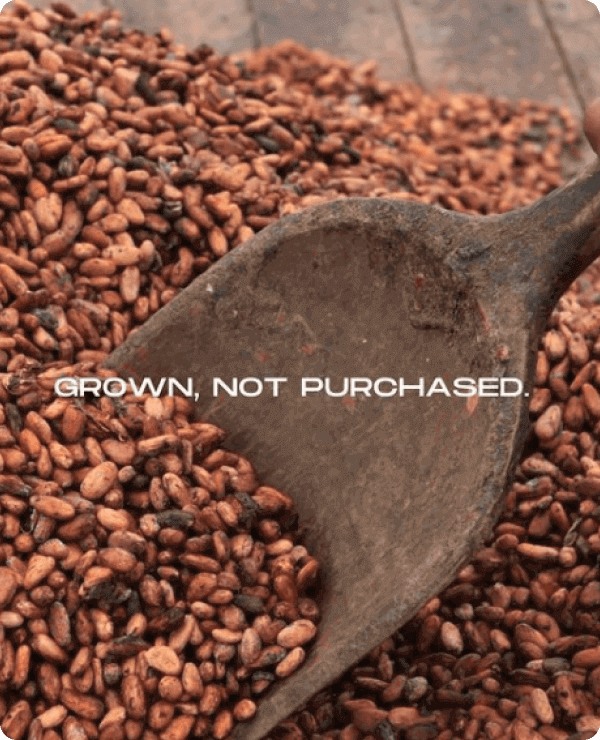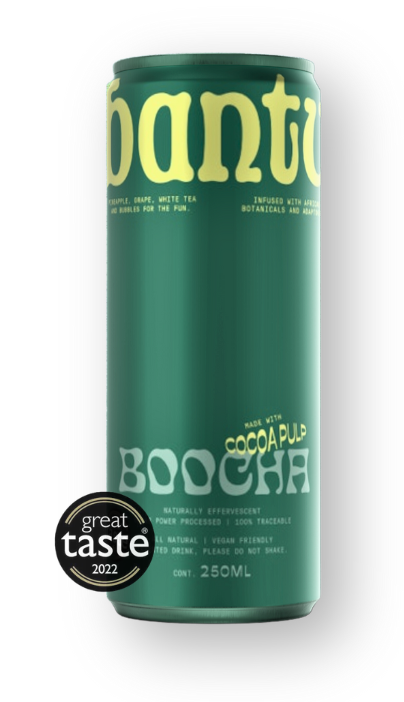
What REALLY is Ethical Chocolate? Beyond Certifications
February 21, 2024
Ceremonial Cacao: What It is and How to Make It
May 6, 2024Ensuring a Living Wage for Cocoa Farm Workers
Beyond Fair Trade
While Fairtrade and similar certifications may offer certified cocoa bean producers a safety net during market price falls, the perennial problem of the working poor continues in the cocoa sector. Cocoa farmers put in as much as 12 hours of grueling work per day but remain poor. Cocoa farm workers scrape by to make ends meet, unable to earn a living wage.
What’s the way forward? Are certifications’ minimum prices and premiums the industry ceiling on how to help cocoa farm workers earn higher wages?
In this article, we look at current ‘fair’ prices for cocoa, how they fall short of guaranteeing a living income for farmers or living wages for hired farm workers, and how ethical consumers can promote trade models that encourage a living wage for cocoa farm workers.
Understanding Living Wage: The Anker Living Wage
A living wage is country and region-specific, influenced by local economic conditions, so there’s no universally accepted amount. Using the Anker Methodology, Globallivingwage.org defines a living wage as:
“Remuneration received for a standard work week by a worker in a particular place sufficient to afford a decent standard of living for the worker and her or his family. Elements of a decent standard of living include food, water, housing, education, health care, transport, clothing, and other essential needs, including provision for unexpected events.”
This agrees with the UN Global Compact statement that a living wage is a wage that enables workers and their families to meet their basic needs.
For the West African cocoa farmer, that should be around 240 USD/month. Instead, the typical African cocoa farmer earns around 1 USD/day, 30 dollars per month. This is not even close to national minimum wages in most of these countries either.
Living wage vs. Minimum wage
Did you know that a living wage is distinct from a minimum wage? While a living wage aims to provide workers with compensation that covers their basic needs and supports their families, a minimum wage is the legal minimum amount that employers must pay their employees.
For instance, the Anker living wage is a widely accepted benchmark for calculating the income required for a worker’s sustenance.However, in sectors such as cocoa farming, neither cocoa farmers nor farm workers often earn wages or income that enable them to meet their essential needs. This highlights the significant disparity between wages and living expenses, particularly in industries where labour conditions are challenging and economic inequalities persist.
Fair prices for cocoa vs. living wages in cocoa producing nations
What is a fair price for cocoa?
When it comes to pricing, higher doesn’t always mean fair. Sure, raising prices might seem like a step in the right direction, but if those prices only cover a fraction of what it takes to produce something, they fall short of fairness. True fairness means setting prices that allow cocoa farmers and farm workers to earn wages and incomes that support their livelihoods. It’s about ensuring they can make ends meet and thrive, not just scrape by.
Sadly, that’s far from reality when you compare cocoa prices to cocoa worker earnings and the amount they need to afford basic needs.
Take a look at Globallivingwage.org’s 2023 living wage estimates (using anker methodology) for most of the countries where cocoa comes from.
|
Country |
Living wage estimate in USD (2023) |
Fairtrade Price per kilos of cocoa |
|
Cameroon |
$301 (CFA182,349.00) |
$2,42 |
|
Nigeria |
$383 (₦232,948.00) |
|
|
Ivory Coast |
$237 (CFA143,236.00) |
|
|
Ghana |
266 (GH₵2,922.00) |
|
|
Brazil |
$662 (R$3,213.00) |
$2,64 |
|
Peru |
$537 (PEN 1,960) |
$2,64 |
|
Ecuador |
$489 |
$2,64 |
|
Indonesia |
$335 Rp5,026,257.00 |
$2,64 |
|
Madagascar |
$146 (Ar.651,972.00) |
$2,64 |
The current ‘fair’ prices for cocoa still have a long way to go in ensuring these living wages.
What about the impact of Fairtrade Minimum Price and Premiums on farmer/worker income?
The Fairtrade minimum is currently 2400 USD/MT of cocoa and the premium is 240 USD for the rest of the world (except Ivory Coast which slightly cheaper). As 90% of cocoa farmers do not harvest up to a metric tonne of cocoa per year, they do not even earn this amount. The fairtrade premium goes to cooperatives, making its impact insignificant to the income of the cocoa farmer. In certified plantations, the premium goes to farm workers, but it’s not a guaranteed wage increase.
Some Fairtrade agreements involve long-term contracts or fixed prices, which may not adjust immediately to short-term fluctuations in the stock exchange. This can lead to situations where Fairtrade prices lag behind or differ from current market prices.
Farmers pay for these certifications and also incur other costs like regular auditing fees, but they’re not guaranteed even Fairtrade prices. Certifications alone cannot take the cocoa farmer out of poverty.
The Living Income Differential (LID) is a new initiative introduced in the cocoa industry to address the income gap for cocoa farmers. It aims to ensure that cocoa farmers earn a living income from their work by providing an additional payment on top of the market price for cocoa beans.
This extra payment is intended to bridge the gap between current farmgate prices and the amount needed for farmers to achieve a decent standard of living. While the exact impact of the LID on price determination processes is still unclear, it represents a significant step towards improving the livelihoods of cocoa farmers in Ghana and Côte d’Ivoire. In Ghana and Côte d’Ivoire, for example, discussions and negotiations around the LID began in the mid-2010s, with implementation starting in the following years.
In Ghana where the government is the sole buyer of exportable cocoa beans harvested in the country, a higher income from the premium can be more guaranteed than Fairtrade that depends on fair trade buyers.
Certifications like Fairtrade International, Rainforest Alliance, UTZ, Fair for Life, World Fairtrade Organization, etc. can only do as much to encourage sustainable cocoa farming practices and ‘fair’ prices. They do not guarantee a living wage for cocoa farm workers.
Why a living wage is important for cocoa farm workers
Providing a living wage is one way of supporting some of the United Nations’ 17 Sustainable Development Goals of Agenda 2030. Without a living wage, you can’t eradicate poverty. Without a living wage, workers can’t afford clean water, sanitation, and healthcare for their families or education for their children. A living wage means decent work. A living wage discourages environmental degradation, thereby protecting our planet. By earning a living wage, women are empowered to improve their lives and bridge the inequality gap.
Seeing that the cocoa farm worker earns enough should be a part of our humanity. If consumers must continue to enjoy chocolate, it’s also their responsibility to advocate for better living conditions for those at the start of the supply chain. It’s a shame that a few big corporations should hold the biggest share of the hundred-billion-dollar market, but an increase in cocoa prices has to be approached as walking on eggshells. Farm workers can earn more without denting the pockets of big corporations if we put humanity over profit maximization.
A living wage gives dignity to the work of the cocoa farmer. They work in gruelling conditions, usually under the scorching sun, facing danger from snake bites, harmful insects, and injury from farm implements. A decent wage will add value to their work and elevate their self-esteem.
Lastly, earning a living wage is a human right. As article 23 of the United Nations Universal Declaration of Human Rights states, “Everyone who works has the right to just and favourable remuneration ensuring for himself and for his family an existence worthy of human dignity.”
The limitations of certifications in ensuring living wages for farm workers
As we’ve already seen, certifications cannot guarantee a living wage for cocoa farm workers.
Surprisingly, Fairtrade seems to benefit those it never set out to benefit employees of fair trade organizations and … get ready for it… the chocolate maker. While employees of Fairtrade cooperatives earn better salaries, the farm worker has to scrape to survive. For the chocolate maker and retailer, having a fair trade label is a reason to charge bigger bucks for being ‘ethical’.
READ: What REALLY is Ethical Chocolate?
Fairtrade International may be the most recognized fair trade labelling organization, but there are others too. For example, Fair for Life, World Fairtrade Organization, UTZ, Rainforest Alliance, etc. Each fair trade labelling organization has its own standards cocoa farmers must meet to get the label. They also have different requirements for buyers of their certified products. While Fairtrade International ensures a minimum price and premium, others do not.
This not only poses a problem for conscientious consumers, but even for the farmers who’ve already spent from their meager earnings to get certified yet are not assured of a protective price. For consumers, the question is how do you know if the fair trade label is not just a marketing tool but an assurance that the cocoa producer got a fair price?
Going beyond fair trade: How we guarantee a living wage for our cocoa farm workers
At Bantu chocolate we farm our cacao in Cameroon, West Africa, and produce chocolate, chocolate spread, and cacao pulp juice kombucha in London.
While we make a profit on our ethical chocolate products, we sacrifice on profit maximization to ensure a just and equitable system for our employees. This is what mere certifications cannot enforce.
The anker living wage we provide for our farm workers is 6 times the commodity price and 3 times the fair trade price. We also diversify income through agroforestry and a cacao pulp juice kombucha from a byproduct that should otherwise go to waste.
Our commitment to ethical practices goes beyond just fair wages for our workers. The welfare of our planet is also another of our priorities. Our sustainable farming methods protect the environment and ensure the longevity of our cocoa farm.
Other shortened supply chain initiatives consumers should know about
The shorter the supply chain, the easier it is to directly benefit the cocoa farmer and cocoa farm worker. By cutting out middlemen organisations, more of the proceeds from chocolate can be redistributed to benefit the hard-working people at the start of the supply chain.
Besides cocoa-farming chocolate makers, there are other initiatives that seek to keep more of chocolate’s 120-billion-dollar revenue in the pockets of farmers and farm workers.
· Value Added at Source (VAS) Brands
Some brands are choosing to transform cocoa into chocolate in source country before exporting. This creates employment opportunities in the source country as well as improves the incomes of the farmers and their workers, since VAS brands can pay at higher prices.
How ethical consumers can help shape a better future for cocoa farm workers
As an ethical consumer, you have the power to contribute to a positive change. Your pound, dollar, euro can force brands to embrace or adhere to sustainable practices that not only benefit the environment but also the cocoa farm worker. After all, there’s no sustainable chocolate that’s not economically fair to the cocoa farm worker.
While a fair trade label might be a starting point, remember that there are other models that go beyond fair trade to ensure living wages for farm workers.
Another way you can help is to spread the word about ethical brands. Small brands usually don’t have the marketing budget of bigger businesses, so word-of-mouth referral means a lot to us.
Join us in providing living wages for cocoa farm workers
When you buy our chocolate bars, chocolate spread, or cacao juice kombucha, you can feel absolutely at rest knowing that the people putting the hard work behind the scenes get paid enough to meet basic needs and emergencies.
References:
https://unglobalcompact.org/what-is-gc/our-work/livingwages
https://www.investopedia.com/terms/l/living_wage.asp
https://www.un.org/sustainabledevelopment/
https://www.foodunfolded.com/article/does-fairtrade-really-work
https://www.pbs.org/wgbh/nova/article/fairtrade-cocoa-farm-workers/
https://www.globallivingwage.org/about/anker-methodology/
https://www.fairtrade.net/impact/fairtrade-premium-overview
Chocolate Extinction: Fact vs. Fiction + What Chocolate Lovers Can Do
Chocolate ExtinctionFact vs. Fiction, What Consumers Can Do Share On Facebook Twitter Email Is the world really running out of chocolate? Not really. Currently the global […]
Corporate Chocolate Gifting Ideas to Appreciate Employees and Delight Clients
Corporate Chocolate GiftingHow to Appreciate Employees & Delight Clients Share On Facebook Twitter Email When it comes to corporate gifting, a one-gift-fits-all approach just doesn't cut […]
Cacao Supper Club at Home: Guide to Tasting Chocolate, Cacao Tea, and Pulp Juice
Cacao Supper Club at HomeGuide to Tasting Chocolate, Cacao Tea, and Pulp Juice Share On Facebook Twitter Email Imagine gathering around the table with a few […]







